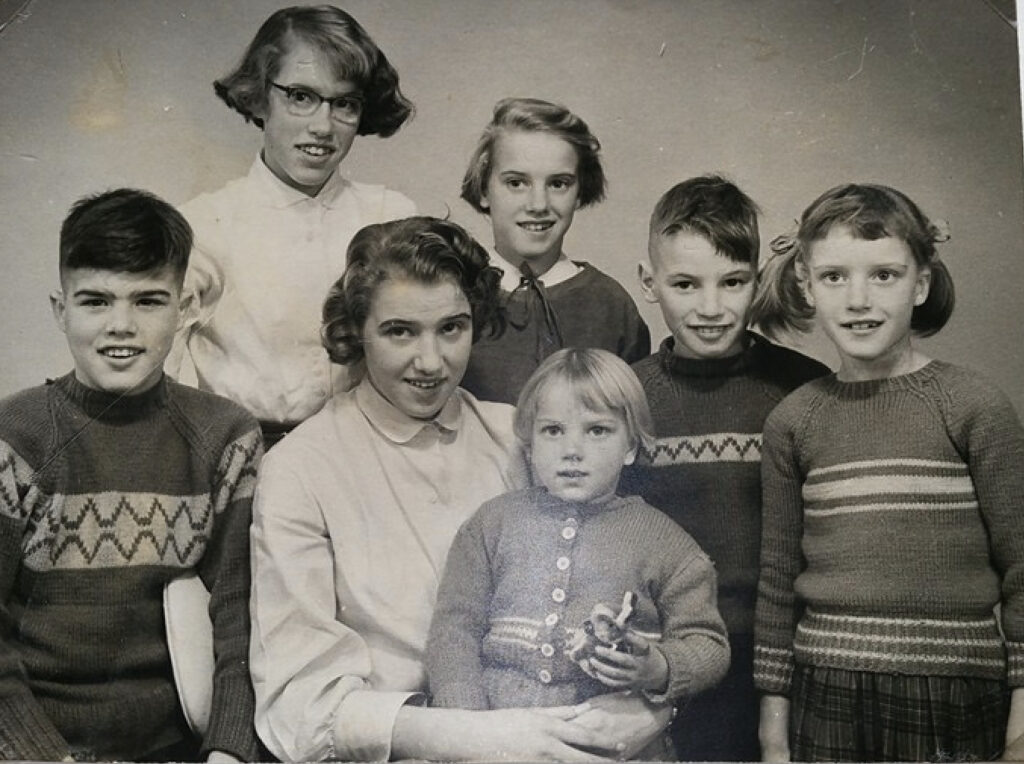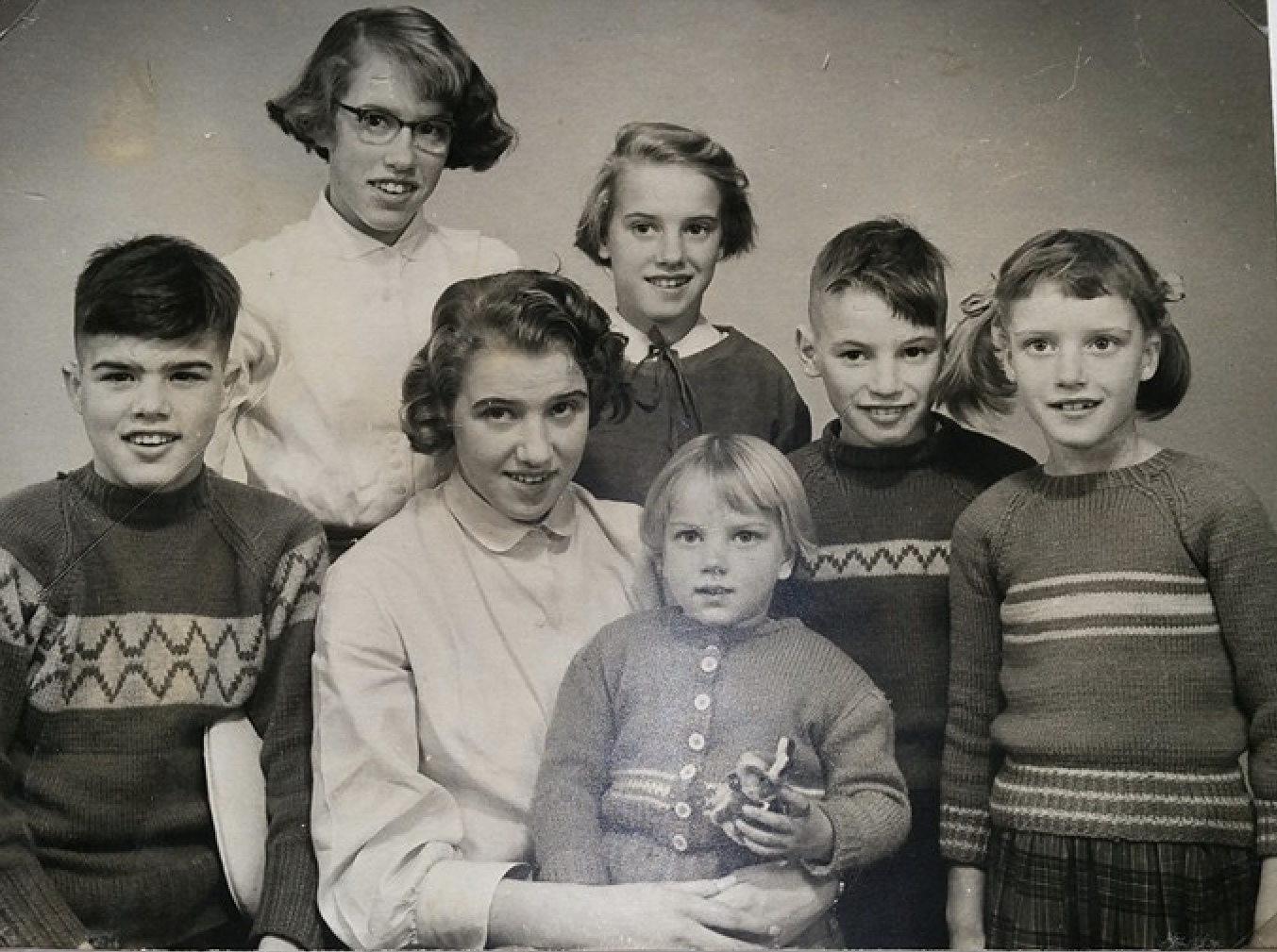At 63, I reflect on my life with six mothers—my real mother and five sisters. Growing up as the youngest, I often felt isolated, unaware that I was gifted and highly sensitive. My school days weren’t fulfilling, but I found comfort in music and later pursued a career in hospitality, sales, and operational management, ultimately achieving "Teacher of the Year."

Now my age is sixty-two years, so I can look back on a long period of life, a life that I had to share with "six" mothers until almost now. By this I mean a mother and five sisters. So, I grew up with five sisters and two brothers. Of this large number of children, I was the youngest, the Benjamin.
How did I look at the rest of the family in my younger years?
As a child or toddler, I honestly didn't have much on me for the rest of our family. I was a descendant, my youngest sister, the second oldest in our family was already seven years older, so she started primary school, when I was still pooping in diapers. The rest were already at marriageable age or at least were already dating. One of my brothers had a mental disability, he understood an eight-year-old child. I was often alone at home playing in the garden, I didn't have any friends.
Why didn't I have any friends as a child?
I write above that I didn't have any boyfriends at the time, I thought I knew why, but three years ago that turned out to be one of the biggest mistakes of my life. As a child I didn't know that I was gifted and highly sensitive, I only found out when I was sixty. In my childhood I thought it was because I wore glasses with thick lenses, and had urinary problems, because for that I was called cross-eyed and smelly. That I was different in other respects was not understood by anyone in the sixties of the last century. My older brothers and sisters were in a different phase of life than me, for them I had to appear more serious and older to connect, according to the teachers at my school I was too serious and mature for my age?
Was school educational for me?
If I was very honest, my school days have brought me relatively "little", except maybe reading and writing. I was often introverted, and had no connection anywhere, so I read myself, according to others too difficult books, and watched the 5 news with my father in the evening, and the current affairs programs on television. I didn't feel lonely in my own opinion, but more on my own. I liked to listen to music of all kinds and got my truths from it. First, kinds of genres, but later mainly the Dire Straits, and the gospel music of Elvis Presley. When one of my sisters died at the age of thirty-five, I was nineteen, at the same time my mother died, she was sixty-four. I could remember both those ages for a long time. Thirty-five, sixty-four and forty-two were ages for me that I used to think I would never reach like that!
What age do you think you will ever reach, or never think about this?
You wonder why I also mention the age of forty-two? Some people probably know that Elvis Presley died at this age. It may sound very depressing to you, but that was my "normal" thoughts. My parents were from 1916 and 1917, years from the First World War. You will probably understand that they were not highly educated, but in my opinion they worked hard. We all got a "pre-war" good upbringing at home, hard work, and not too much whining. Parents had to ensure that their future was secured. My brothers and sisters lived in their own reality, the eldest were also taken out of school early to help in the household.
Would you also flee from such a reality?
My older brothers and sisters sought their own way in my early childhood, in my eyes they chose a partner, from whom they expect a certain security in the rest of life, they knew a lot, but they thought so at the time. No one knew at the time that I was "different." I chose my own path, not the easiest, but I took the opportunities that I thought life gave me. Sometimes I found the right people around me, not that they understood me, but they helped me further in my search for life. Via the hospitality industry, I rolled into sales, and further into operational management. Not that I understood all those things, but I probably found my way because of the giftedness. I even became "teacher of the year" in adult education, little did I know? My parents, brothers and sisters, are now all but one of them deceased, I am happy with my wife Monique, our Labrador Pip, and our two cats Ross & Joey, and we hopefully live happily ever after!







